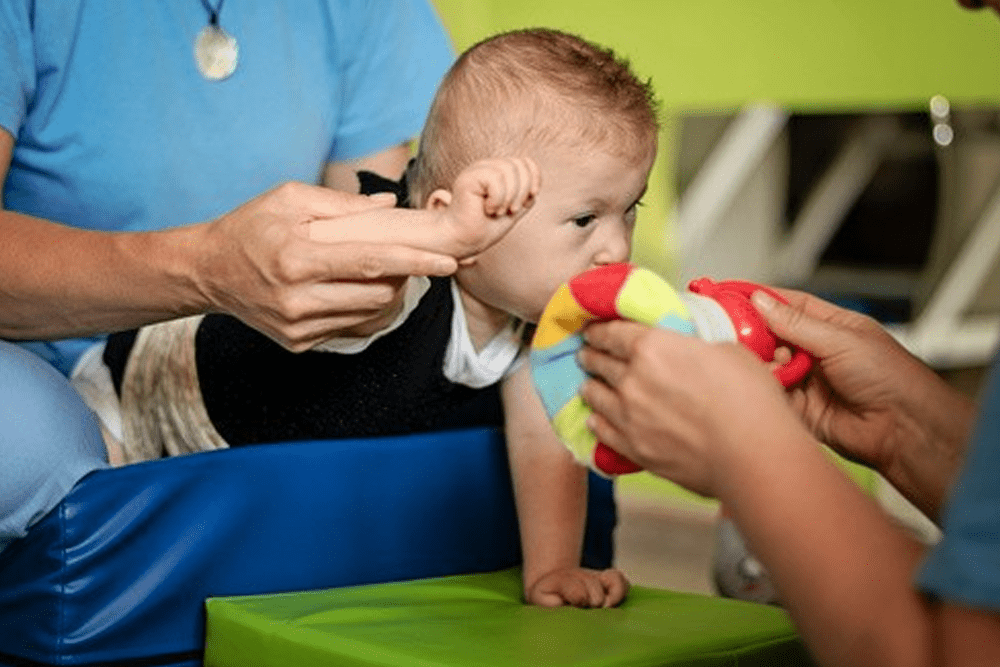However, if your child or young person has both a learning difficulty or disability and they need extra or different support from others of their age, then they have a special educational need. Special educational needs and disabilities (SEND) are sometimes picked up at birth or soon after, or within a child’s first few years. If this happens you’re likely to get information and support through the Early Years Complex Needs Service and specialist services, such as the learning disabilities team. For many children though, special educational needs aren’t picked up until they start pre-school or school, when it starts to affect their ability to learn. Special educational needs are relatively common. More than one and a half million children are currently registered as having special educational needs in England. Between around 15% and 20% of school age children have SEND. That’s around one in every six children. So in the average mainstream school class, there are usually four or five children with SEND.

 All nurseries and pre-schools, schools and colleges must have arrangements in place to identify special educational needs. Every school must also have a SENCO. SENCO stands for Special Educational Needs Coordinator. They are responsible for making sure that children with SEND get the right support.
All nurseries and pre-schools, schools and colleges must have arrangements in place to identify special educational needs. Every school must also have a SENCO. SENCO stands for Special Educational Needs Coordinator. They are responsible for making sure that children with SEND get the right support.
If your child needs help because of special educational needs, the earlier the need is identified and support is given, the better.
For some children, special educational needs can be identified at an early age. But, for others the challenges they have only start to show as they grow up and develop. Everyone who works with children and young people should be watching out for these developing issues.
The speed at which children develop varies. It is natural for some children to reach milestones earlier and others later. That’s sometimes true for children who are very young in their year group (those born in the summer months). These younger children may need more time and support.
Not all difficulties in school are caused by a special educational need. What’s going on in a child’s home and family life, health problems, bereavement, friendship issues and bullying can all affect children too. If you think that something else might be affecting your child’s mental health, learning or behaviour, talk to their teacher or school support staff.
If your child’s first language isn’t English, then more care may be needed when identifying special educational needs. School staff should look at all the areas of your child’s development, not just the learning part. This can help to show whether your child’s difficulties may be caused by language barriers or special educational needs.
All babies and young children should have regular check-ups to make sure they’re developing well. Check-ups are there to make sure any long-standing or big differences are picked up quickly. The Department of Education has a guide called ‘What to expect in the Early Years Foundation Stage?’ which can tell you what your child should be able to do by different ages between birth and five.
 All early years providers, such as nurseries and pre-schools, must have plans in place to identify and support children with SEN or disabilities.
All early years providers, such as nurseries and pre-schools, must have plans in place to identify and support children with SEN or disabilities.
They have guidance to help them assess how well a child is developing. It sets out what most children do at each stage of their learning and development. These include typical behaviours across the seven areas of learning:
If your child seems to be behind expected levels, or there is concern about their progress, the professionals supporting them should look at all the information about their development. That includes information from you and any of the people involved in supporting your child.
If your child is ‘behind’ in their learning and development, it doesn’t always mean they have SEN or a learning difficulty or disability. Challenging or withdrawn behaviour doesn’t always mean a child has SEND either. However, if you or a professional have concerns, your child should be assessed, and support put in place if it’s needed.
As with pre-schools and nurseries, every school must have plans in place to identify children with special educational needs and put support in place for each child.
If your child’s teacher thinks they are struggling in school, or that something isn’t quite as it should be, they will usually speak to other staff and their SENCO first. They will also look at all the information they have about your child including previous reports, assessments and progress records. They should also talk to you. This helps them to get an all-round picture of your child and can help to show more clearly whether there is a special educational need. If you’re worried, you can also contact the school or nursery yourself and ask for a chat.
Class teachers and subject teachers should also regularly assess all children to see what progress they are making. Progress isn’t always about academic and learning progress, it can be about things like social skills and physical development too.
They will be looking for any child who is making less than the expected progress. That might mean
Teachers and SENCOs use a tool called the graduated response to identify and support children with SEND. The first part of the graduated response is to assess a child – in other words to identify any special educational needs. Devon schools can all use an online tool which is adapted for each key stage of education.
Sometimes a special educational need will start to show when a young person has left school and is in further education, such as a sixth form college. If this happens, the legal guidance states that “teaching staff should work with specialist support to identify where a student may be having difficulty which may be because of SEN.”
Your child’s views are the foundations of their support in school, so it’s important to find out what they think about life at school and home. That starts with understanding what your child is good at and what’s hard for them.
When your child is very young, as their parent or carer you’ll probably know what they need help with and what they find difficult, based on how they behave. Keeping a diary can help you see what situations and experiences seem to calm and relax your child, and what seems to do the opposite. You can be their advocate and speak on their behalf. Share the diary with school staff if you’re worried about how your child is reacting or behaving.
As your child gets older and has clear views of their own, encourage them to share their views about school. You can talk regularly about how things are going, what life is like in class and how they’re feeling at school day to day. Encourage them to talk to teachers and trusted adults at school too. The older your child gets, the more likely they are to notice anything that’s different about the way they are and the way they do things. They may compare themselves to their friends and class mates. These are good opportunities for you to talk.
Page reviewed: April 2024
Page due for review: April 2026
DiAS (Devon, Information, Advice and Support) supports children and young people aged 0-25 with special educational needs and disabilities (SEND), and their parents and carers.
Helpful links
Contact us
Legal
© 2025 Devon Information Advice & Support
Searching...